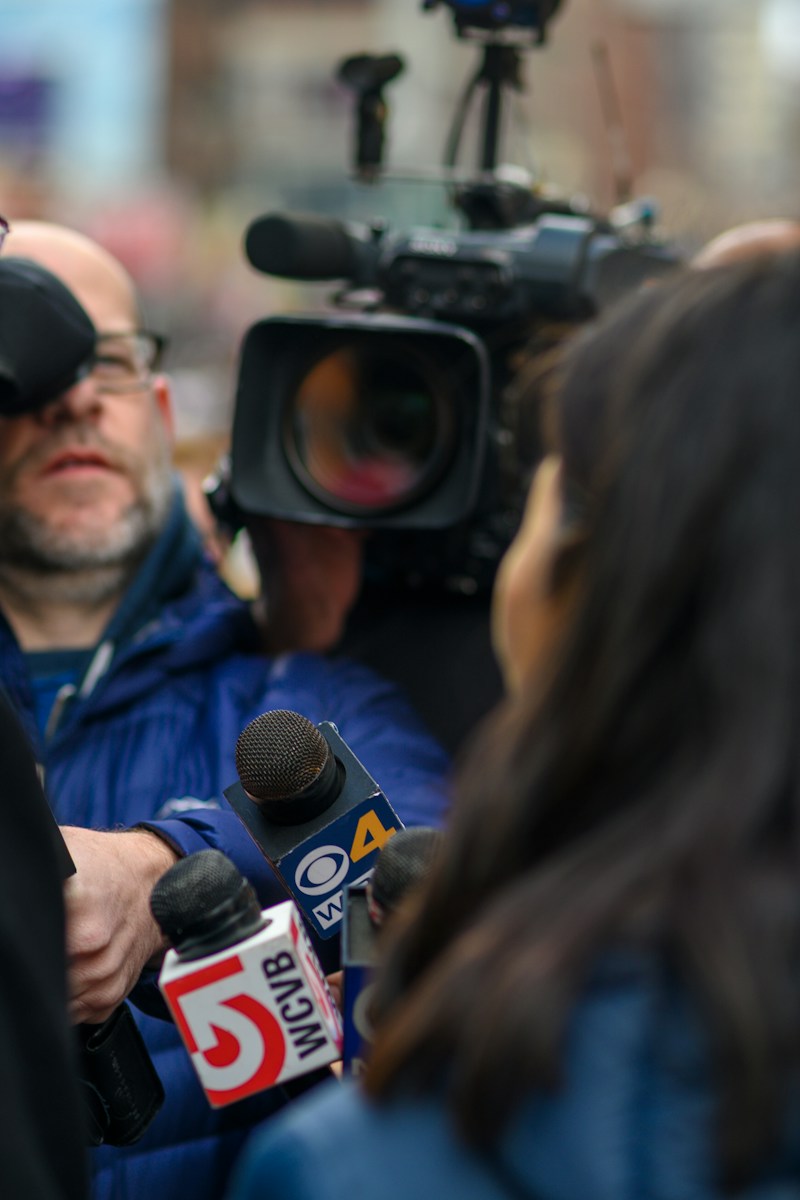A recent study from the British Association of Aesthetic Plastic Surgeons (BAAPS) has revealed a staggering 44% rise in complications from cosmetic surgery abroad.
Over the past two three years, the Covid-19 pandemic and the so called “Zoom Boom” has increased the demand for aesthetic procedures, leading patients to seek cheaper deals abroad. Unfortunately, this has resulted in BAAPS seeing an increase in patients needing correctional surgery, leading the organisation to call for compulsory insurance to ease the burden on an already strained NHS.
The audit showed that around 324 patients in the past four years have sought correctional procedures after returning to the UK. This is a sharp rise compared to 2019, when the pandemic began to unfold, and patients were advised against elective surgery and unnecessary travel.
In 2021, following a cosmetic procedure abroad 75 women and 7 men were treated in the UK for complications, including life threatening conditions such as debridement of dead skin tissue, and admission to intensive care for life support following systemic infection. Despite treatment, these complications would still leave permanent, and life changing physical deformities along with the psychological effects of these injuries.
Hagen Schumacher, a leading Consultant Plastic Surgeon at Adore Life says:
“These statistics are alarming and prove that sometimes cheaper can prove more expensive. Of course, there are several reasons why patients might choose to travel abroad for plastic surgery, but the most common reason I find is price. It’s often a cheaper to undergo cosmetic procedures abroad, because here in the UK the NHS rarely funds cosmetic procedures so patients must seek desired treatments privately, which can be costly.”
A survey of BAAPS council members showed that 100% of complications came from Turkey and that abdominoplasty accounted for 75% of complications, followed by breast surgery procedures at 25%.
“It is important to remember that all surgery comes with a risk of potential complications.” says Hagen.
“Whilst it may be cheaper to undergo a procedure abroad, it may also increase the risk of a complication developing, particularly after certain procedures such as tummy tucks that carry higher risks.
“In the event of any issues, follow up care is usually included after surgery in the UK, so the surgeon can check everything is healing as it should, and provide any additional care.
“Abroad, the clinic may not have such a procedure in place, and it is often up to the individual if they want to travel back to their surgeon or see a UK-based surgeon instead. Both come at considerable costs and added up, this often exceeds the costs of UK-based treatment.”
The BAAPS survey reveals that many patients who have experienced complications are treated on an already strained NHS. One study presented to BAAPS in 2017 suggested the average cost to the NHS per patient was £13,500, this figure is now estimated to be closer to £15,000. Many also require private treatment, which when added up works out more expensive than undergoing the procedure in the UK.
Hagen says: “Another factor that can greatly increase the risk of complication is travel. Flying within a week of a cosmetic procedure can greatly increase the chances of developing blood clots, which could lead to deep vein thrombosis or a pulmonary embolism with a potentially fatal outcome.
“Many plastic surgeons recommend waiting for 2-6 weeks following surgery to reduce this risk which is often not possible when having surgery abroad.”
When seeking cosmetic procedures abroad, research is crucial. The healthcare system in the UK is very strict compared to some other countries. All medical professionals, including plastic surgeons are held to incredibly high standards and the cost to practice equally as high. To provide a safe, top-quality service, plastic surgeons must pay high insurance fees, undergo regular training sessions, and register with several professional bodies such as the General Medical Council or the British Association of Aesthetic Plastic Surgeons.
Antonia Mariconda, Founder of Safety in Beauty, a UK organisation founded to raise awareness of unsafe activities within aesthetics adds: “Not all cosmetic tourism is bad. The safety standards and regulations in the UK are actually very similar in other countries; the danger lies in lack of research.
“Background research is so incredibly important. Patients need to understand exactly how the healthcare system in the country they have chosen is regulated and the level of training the professionals undergo before practicing. Besides the regulations, patients often do not get a chance to visit the facility ahead of treatment to check it is safe, clean and they would feel comfortable in that environment.”
Hagen adds: “It is not only the UK that hold practitioners to high standards. Without prior knowledge of the country, its culture and of course its healthcare system it can be tricky to select a surgeon that suits individual needs.
In terms of safety, Brazil, Thailand, and Malaysia are among the top destinations abroad for medical tourism according to The International Medical Travel Journal.
“BAPRAS offer some advice for patients considering cosmetic surgery abroad on their website. However, in practical terms it is very difficult to assess and compare standards in other countries and often requires specialist knowledge.
Rio de Janeiro is considered to be the “World Capital of Plastic Surgery,” due to its innovations, high quality procedures and protocols in patient safety. There is no shortage of highly trained doctors and JCI-accredited hospitals, and procedures could cost less than they would in the UK, but extensive background research must be carried out beforehand, and the patient must have provisions in place should any complications arise.”
Travelling abroad for cosmetic surgery is not a new phenomenon, but the increased demand for cosmetic tourism following the pandemic, and the subsequent rise in complications has led to BAAPS calling for Cosmetic Surgery Travel Insurance to be made compulsory to help tackle the situation.












